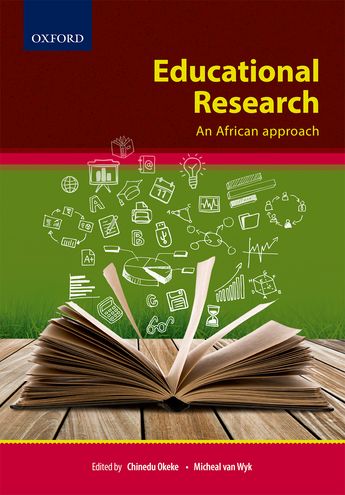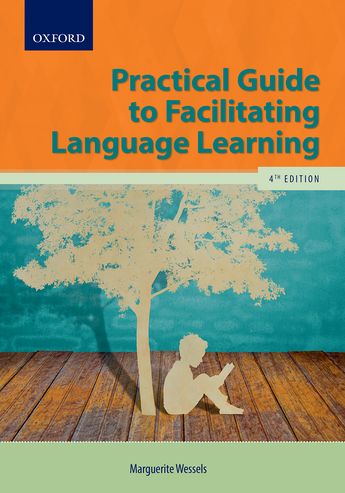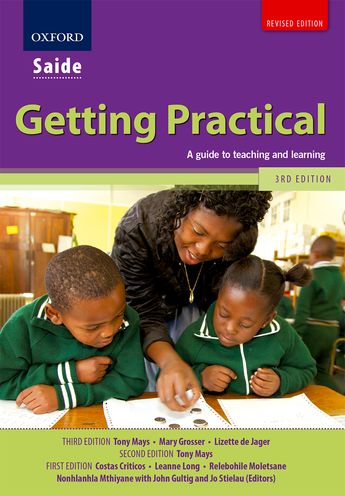Part 1: The philosophy of research
1Afrocentricity as a research methodology
2Positivism and interpretivism: Distinguishing characteristics, criteria and methodology
3Interpretive research: Construction of meanings
4Critical research: Understanding material constraints and engaging in transformative action research
5Developing sensitivity in questions of gender, using feminist research and IKS principles
6Objectivity, values and subjectivity: Issues of values and ethics in the research process
7Ethics in human sciences research
Part 2: Planning, designing and conducting educational research
8The literature review
9Steps in the research process
10Research design
11How researchers define and measure variables
12Achieving qualitative validity, reliability and generalisability
13The logic of sampling
14Survey research methods
15Experimental methods and data collection
16The observation method
17The interview method
18The questionnaire approach
19The focus group discussion method
20Using secondary sources of data
21The pilot study
Part 3: Analysing fieldwork data
22Quantitative data analysis: Descriptive statistics
23Quantitative data analysis: Inferential statistics
24Application of the statistical package for the social sciences (SPSS)
25Qualitative data analysis
Part 4: Reporting and disseminating research findings
26Presentation of quantitative research reports
27Presentation of qualitative research findings
28Plagiarism: Causes, consequences and preventive strategies
29Essentials of academic writing
30Writing for publication: Sharpening your academic writing skills




